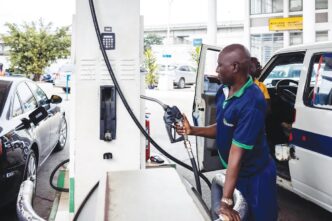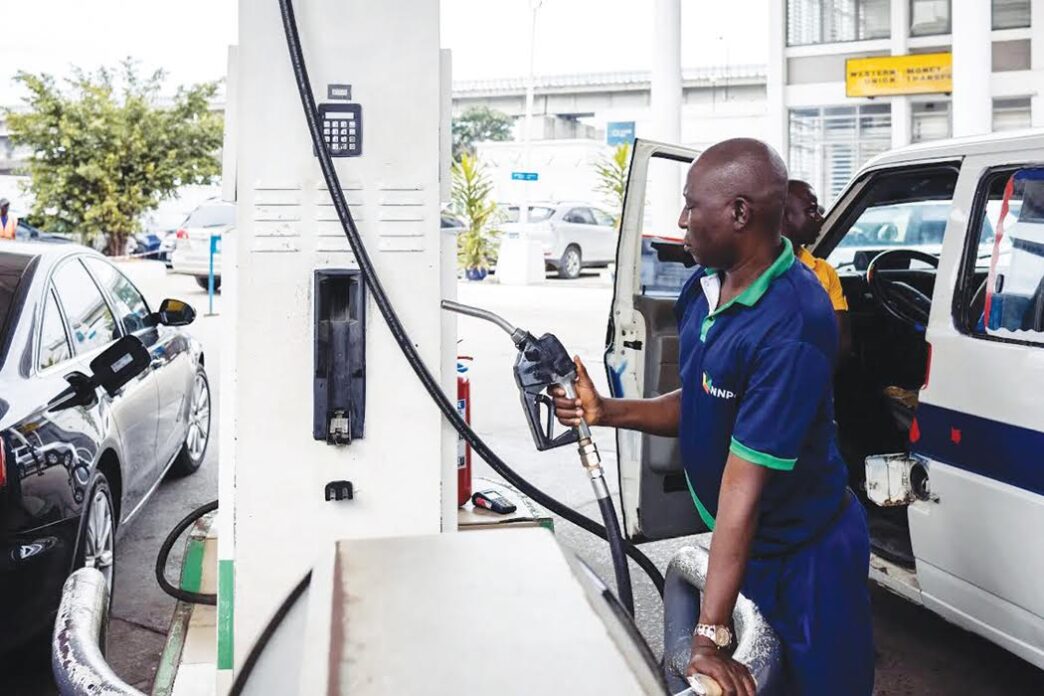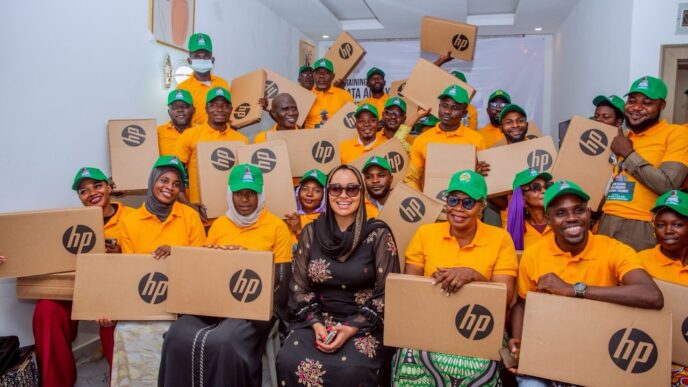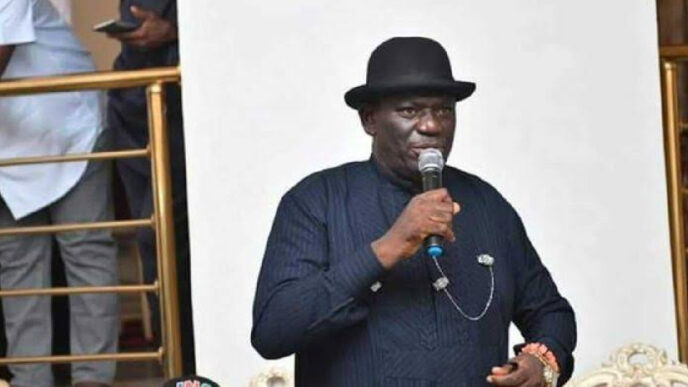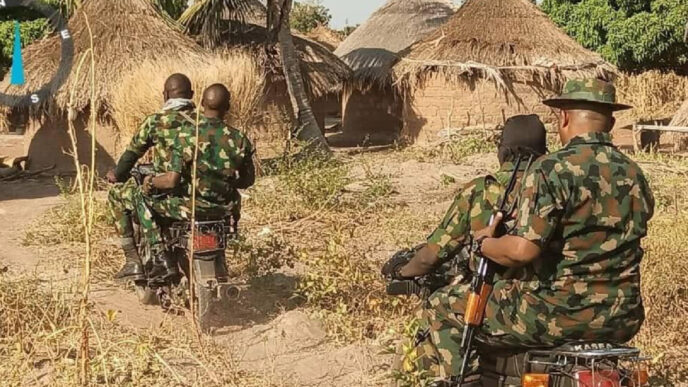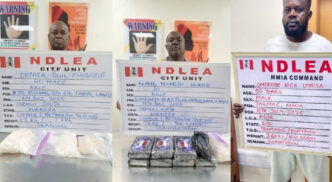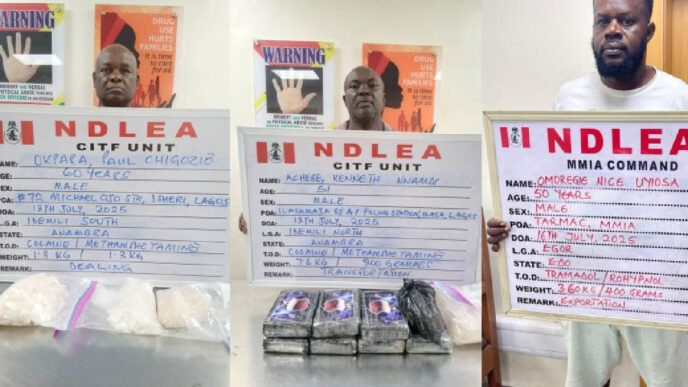National Orientation Agency (NOA) has said that funds saved from the removal of petrol subsidy are being reinvested into key areas such as education, economic empowerment, infrastructure, social welfare, and security.
Gatekeepers News reports that Lanre Issa-Onilu, the agency’s Director-General mad ethe statement in the agency’s latest weekly publication.
The DGV explained that President Bola Ahmed Tinubu’s administration’s decision to remove fuel subsidies and unify the exchange rate system has helped boost the country’s revenue.
He added that despite public concerns about where the additional revenue is going and why borrowing continues, the federal government has been channeling the money into vital sectors to reverse decades of fiscal sabotage.
According to Issa-Onilu, the extra revenue is being used to support national development goals, including the Presidential Loan and Grant Scheme, which currently benefits over 900,000 micro, small, and medium enterprises.
The funds are also being used to support a student loan initiative that enables about 500,000 students in tertiary institutions to access interest-free financing for their education.
He said ongoing investments also cover over 440 road projects and more than 2,700 kilometres of superhighways across the country.
In addition, the DG highlighted the implementation of the new national minimum wage of N70,000, which is aimed at strengthening the purchasing power of Nigerian workers and enhancing social welfare.
Issa-Onilu added that the administration has attracted over $800 million in investment into the solid minerals sector, creating more than 75,000 jobs.
In the oil and gas sector, he said over $8 billion worth of investments are underway, with added tax incentives and refinery upgrades.
The DG further noted that five new regional development commissions have been established to address long-standing regional inequalities and foster balanced growth across Nigeria.
He noted that N1 trillion saved from the subsidy removal has gone directly into supporting citizens through targeted relief measures.
In 2023 alone, N500 billion was reportedly spent on cash transfers, food palliatives, fertilizer support, and transport subsidies.
Issa-Onilu emphasized that the administration remains committed to using the additional funds to drive youth empowerment, job creation, health, education, and local governance improvements.
He noted that these initiatives have also resulted in increased state allocations and strengthened grassroots governance.

